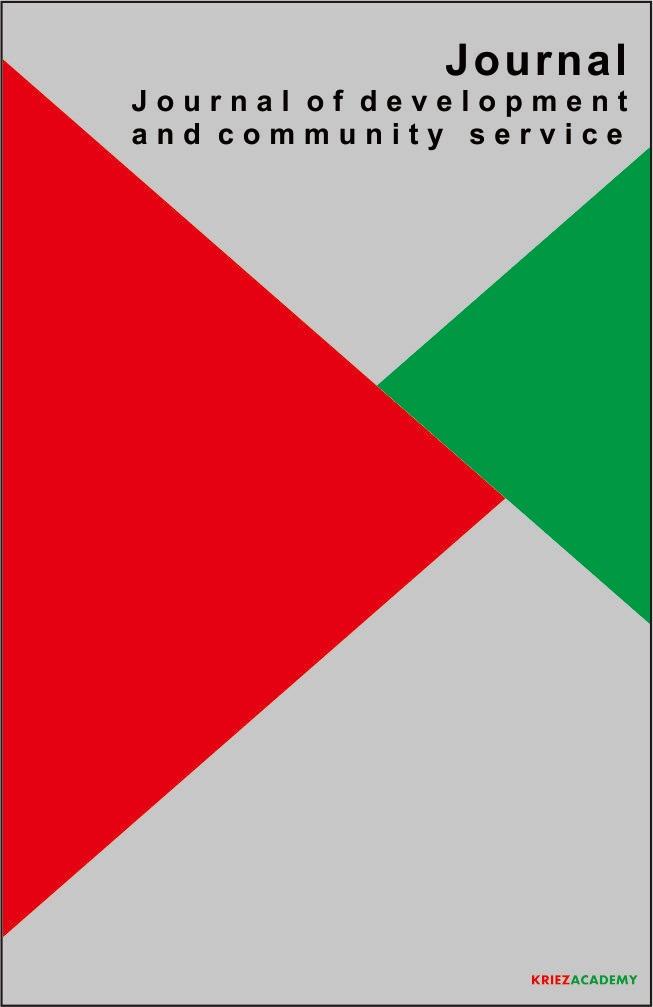ASSESSING THE ROLE OF NANOTECHNOLOGY IN ENHANCING BIOMEDICAL ENGINEERING APPLICATIONS
Keywords:
Nanotechnology, Biomedical Engineering, Drug Delivery, Tissue Engineering, DiagnosticsAbstract
Background: Nanotechnology has emerged as a transformative discipline, enabling groundbreaking advancements in biomedical engineering. The integration of nanoscale materials and techniques has revolutionized diagnostics, therapeutics, and regenerative medicine, offering unprecedented precision and efficiency.
Aims: This paper examines the pivotal role of nanotechnology in advancing biomedical engineering applications, focusing on drug delivery systems, diagnostic tools, and tissue engineering innovations.
Research Method: A comprehensive review methodology was employed, analyzing peer-reviewed articles, experimental studies, and clinical trials from reputable scientific databases. The analysis emphasized the design, synthesis, and implementation of nanomaterials and their impact on biomedical outcomes.
Results and Conclusion: Nanotechnology significantly enhances drug delivery systems by enabling targeted therapy with minimized side effects. In diagnostics, nanosensors and imaging agents improve early disease detection. Tissue engineering has benefited from nanomaterials that mimic natural extracellular matrices, promoting cell proliferation and differentiation. Challenges such as biocompatibility, scalability, and regulatory issues persist but are gradually being addressed through interdisciplinary collaboration.
Contribution: This study consolidates current knowledge on nanotechnology’s contributions to biomedical engineering and identifies future directions for research, emphasizing the need for ethical and sustainable practices in nanotechnology applications.
Downloads
References
Ajayi, A. O., Tochukwu, M. F. C., & Emmanuel, A. (2025). Design and optimization of renewable energy-powered automation transformer coil winding machines. ResearchGate.
Bikka, S. P. (2025). Hyperautomation: Transforming cloud-based workflow automation through AI integration. International Journal of Computer.
Ebule, A. E. (2025). Leveraging artificial intelligence in business intelligence systems for predictive analytics. International Journal of Scientific Research.
Ghosh, S., & Podder, A. (2025). Opportunities and challenges of artificial intelligence (AI) in the banking and finance sector. Books on Shaping Cutting-Edge AI. Google Books
Hoque, A., Mazumder, A. S., & Roy, S. (2025). Transformative approaches to agricultural sustainability: Automation, smart greenhouses, and AI. ResearchGate.
Igwe, A. N., & Eyo-Udo, N. L. (2025). The impact of fourth industrial revolution (4IR) technologies on food pricing and inflation. ResearchGate.
Imane, S. A., & Abdelkbir, E. (2025). Artificial intelligence and financial auditing in Morocco: Towards a redefinition of practices and skills. African Scientific Journal.
Jackson, D. H. (2025). Generative artificial intelligence (GenAI) impacts on workplace communication and organizational change. Minds of Wisconsin.
James, A., Nicole, H., & Patel, B. (2025). Vertical network slicing: A game changer for 5G data traffic optimization and performance. ResearchGate.
Kumari, B. (2025). Innovative cloud architectures: Revolutionizing enterprise operations through AI integration. ResearchGate.
Lari, S. (2025). AI-assisted ultrasound-guided high-intensity focused ultrasound (USgHIFU) in non-invasive surgery. University of Waterloo Repository.
Leiva-Araos, A., Contreras, C., & Kaushal, H. (2025). Predictive optimization of patient no-show management in primary healthcare. Journal of Medical Systems.
Liò, P., Parmar, J., & Banerjee, S. (2025). A framework for generating counterfactual explanations to explain black-box models. Preprints.
Mirindi, D., Khang, A., & Mirindi, F. (2025). Artificial intelligence (AI) and automation for driving green transportation systems. Springer Book Series.
Nosheen, M., Irfan, S., & Ameer, N. (2025). Technological advancements and their impact on productivity: Benefits, challenges, and strategic implications. Journal for Current Sign.
Özkök, G. A., & Aycan, H. H. (2025). Innovation in kitchens: Evaluation of artificial intelligence applications. Culinary Crossroads.
Ponte, S., & Farina, A. (2025). Conceptual, functional, and operational interactions of ATC radars and navigation systems. IEEE Proceedings.
Sharma, S., & Dutta, N. (2025). Design and development of project risk management system using Industry 4.0 technology and its practical implications. ResearchGate.
Sharma, S., & Dutta, N. (2025). Practical implications and development of project risk management framework based on Industry 4.0 technologies. ResearchGate.
Vafaeinejad, A., & Alimohammadi, N. (2025). Super-resolution AI-based approach for extracting agricultural cadastral maps. IEEE Journal.

Downloads
Published
Issue
Section
License
Copyright (c) 2024 Nu Kumala Dewi (Author)

This work is licensed under a Creative Commons Attribution-ShareAlike 4.0 International License.












